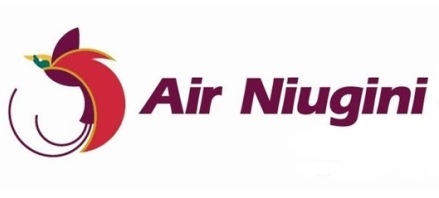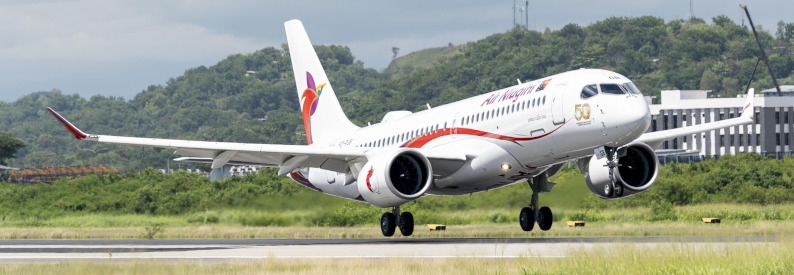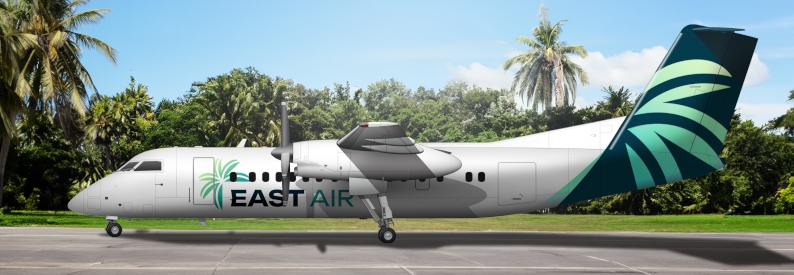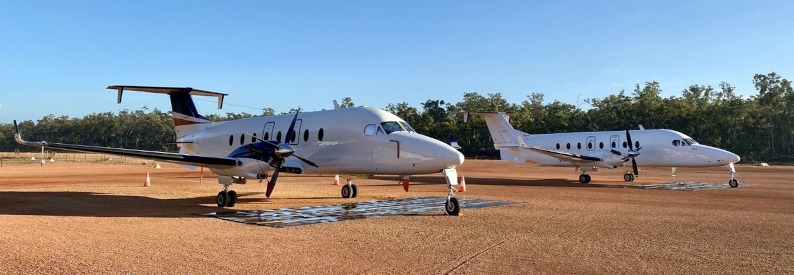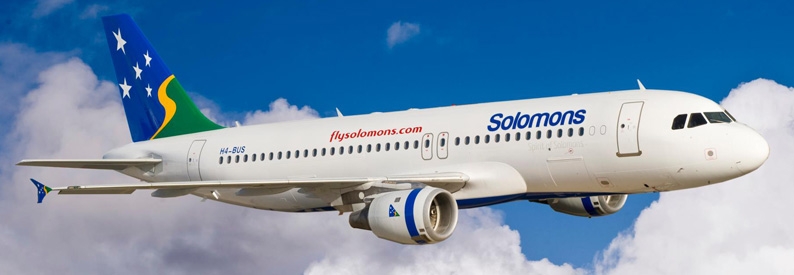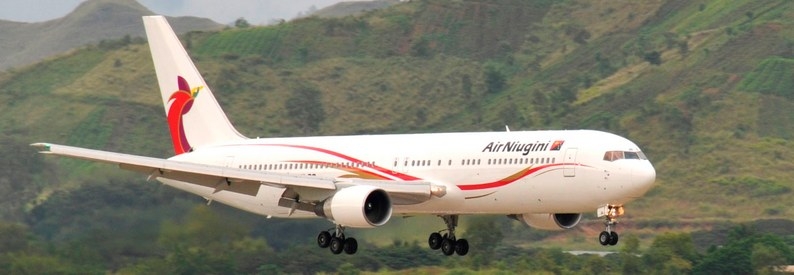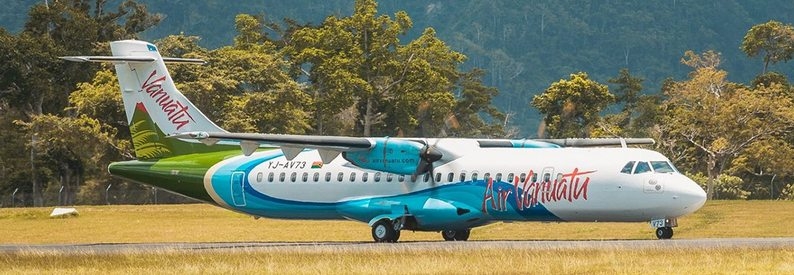The Papua New Guinea (PNG) government has declared a 30-day state of emergency in response to fuel supply issues that forced Air Niugini (PX, Port Moresby) and PNG Air (CG, Port Moresby) to suspend domestic flights late last month.
The government declared a state of emergency on July 31 after the country's sole fuel importer and refinery operator, Puma Energy Papua New Guinea, began to restrict fuel supplies on July 27, leading to both airlines suspending their domestic flights before supplies were restored the following day. Air Niugini says it cancelled 50 flights. In December 2022 and January 2023, identical incidents occurred with Puma, causing flight cancellations.
"This declaration of emergency is made as a direct result of the current disruption in the supply and distribution of fuel and petroleum products and foreign exchange," said Petroleum Minister Kerenga Kua last week.
Central to the problem is a lack of foreign exchange in PNG, hindering Puma's ability to pay for and import oil for processing, with the country's central bank, the Bank of Papua New Guinea, often being unwilling or unable to process Puma's foreign exchange orders. This has caused a breakdown in the relationship between the central bank and the country's biggest purchaser of foreign exchange.
Puma Energy also has a tetchy relationship with PNG's commercial banks, with the Australian Broadcasting Corporation (ABC) reporting that its banker, Bank South Pacific, proposes to close Puma's accounts on September 8 after questioning the entity's financial record keeping. Other banks, including Westpac and ANZ, have also ceased doing business with Puma.
"It's got something to do with the way Puma organises its banking and finance, purchases and reporting, importing and exporting and reporting on its finances through the responsible authorities, including privately to its own licensed banks in Papua New Guinea," said Kua.
There are growing concerns within PNG that the fuel supply situation will deteriorate further next month if Puma is de-banked. The 30-day state of emergency ensures no fuel disruptions over August, with the central bank mandated to ensure Puma Energy can access its bank accounts and foreign exchange over the period. Kua will also chair a series of meetings with stakeholders to attempt to map a way out of the mess.
Air Niugini Acting CEO Gary Seddon told ch-aviation that the airline will continue to work with the parties responsible for the company’s aviation fuel supply contracts. "We will closely monitor the situation, as we have been doing, and will take steps as necessary, to protect our air transport operations and maintain a semblance of business continuity," he said. "I have no major concerns at this stage and remain confident that the supply issues will be resolved through any one of several options available. With government interventions, stakeholders are addressing the situation and relevant parties are progressing toward outcomes."
PNG Air did not respond to ch-aviation's request for comment.
- Type
- Base
- Aircraft
- Destinations
- Routes
- Daily Flights
